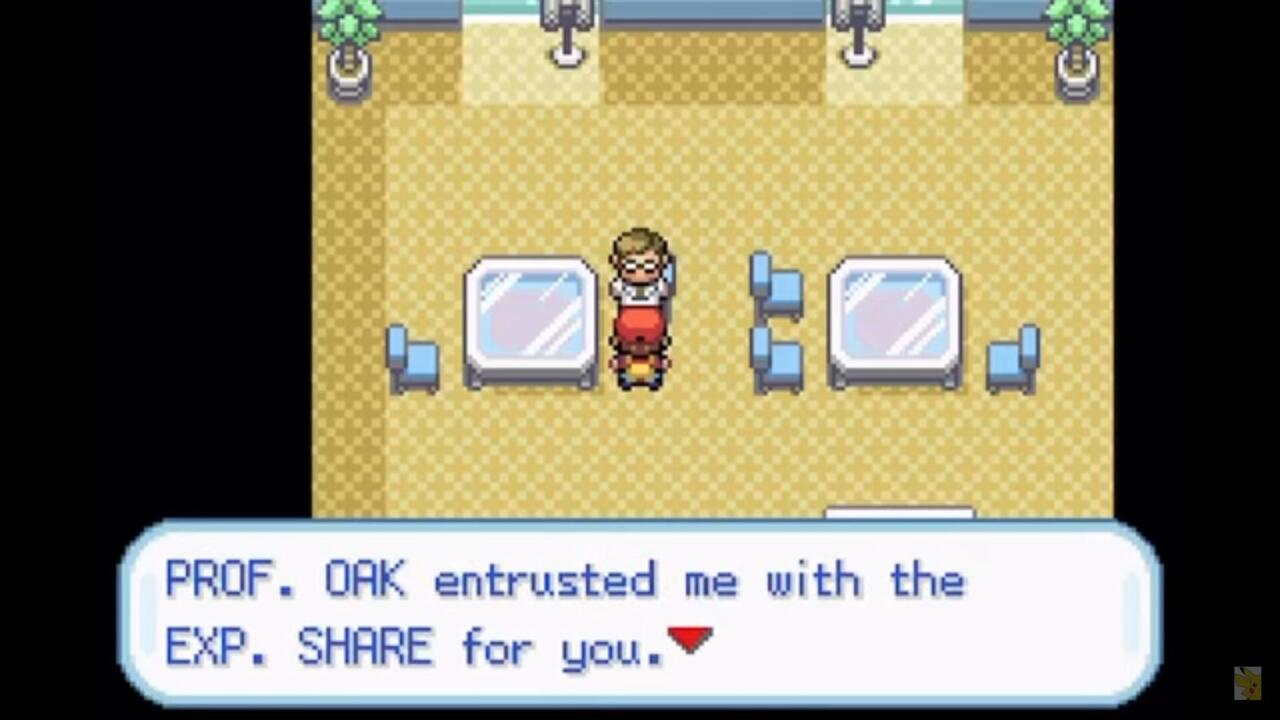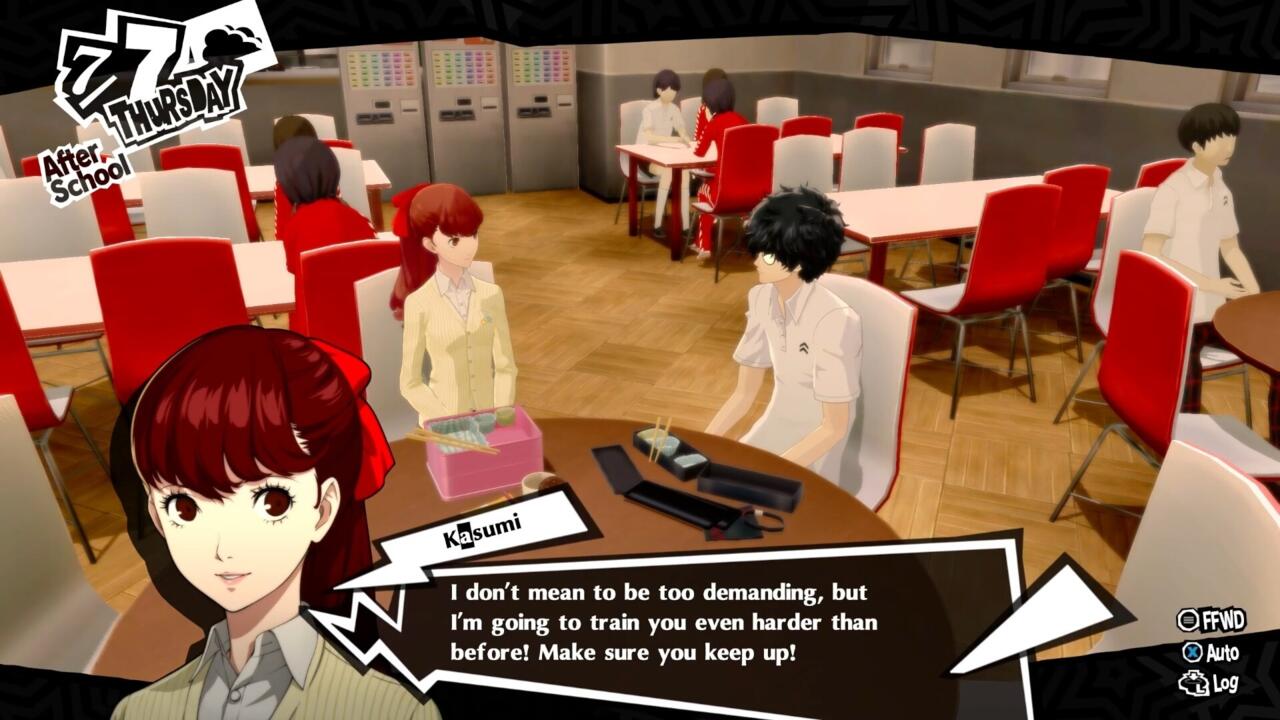How Exp Share Has Evolved In Modern RPGs
Exp Share, the feature whereby all celebration members get experience points regardless of whether they are in conflict, was first brought to my attention in Pokemon. It appears in a variety of role-playing games. Typically, it’s just for the people who are currently at the party. It usually applies to the entire cast. When comparing newer games like Pokemon Scarlet and Violet to older ones like Persona 4, its lack of or limited use becomes very apparent. It’s easy to be fooled into playing a video game in a very different way depending on the presence or absence of what seems like a minor quality-of-life feature at first.
I’ve settled on Exp Share as the name for this hired Pokemon due to my inability to find a more universally accepted moniker. In the case of Pokemon, Exp Share was originally an actual commodity that you could sell to a specific Pokemon in order for it to gain experience even when unrelated to a battle. In particular, it was easy to train low-level monsters to become regular party participants. In the end, Exp Share became a product that shared experience feedback across the board. With Pokemon: Let’s Go, Pikachu! and Eevee!, it’s built in as a mechanism by default rather than something you have to buy.

It wasn’t something that made Pokemon any better. In only the past calendar year, we’ve seen two different takes on Exp Share appear in Xenoblade Chronicles 3 and One Piece Odyssey. Many playable characters in these games have special skills that will entice players to learn more about them. When there are so many different character classes to try in Xenoblade 3, it’s almost a crime to forget your Heroes (the seventh party member). Even if your core party is still intact, raising their levels separately would have been a daunting task for even the most dedicated player. It allows for more variety and experimentation by allowing Heroes to gain experience points even when they aren’t actively engaged in combat.
Thanks to this mechanism, even Bandai Namco’s first attempt at making a One Piece role-playing game, One Piece Odyssey, was a far more enjoyable experience. You could use whichever characters you wanted to move the plot forward without having to worry about levelling them all to the same point.
.

Because Exp Share seems like such a normal, pleasant part of every RPG, its absence stands out the more. That’s why I was so perturbed to get Persona 4 and find out there was no Exp Share hidden somewhere. The Nintendo Switch version of Personality 4 Golden was released earlier this year, but it’s largely identical to the PlayStation 3 version from 2012. My need for Exp Share didn’t kick in until I’d recruited my fifth party member and was forced to start benching characters. Since the new character’s Social Links (another element of Persona 4’s complex network) were considerably less industrialised than those of the characters I already had, it seemed pointless to acquire them. Even if later workers were able to obtain Social Links more quickly, incorporating them in the party still looked like a temporary disadvantage because they lacked the fighting advantages I had with veteran members.
At first, I was hesitant to do new things because I didn’t want to be the one to let other people in my celebration pull everyone else along. I was aware that it is possible to revisit dungeons in order to level all characters if so desired. It wasn’t ideal, but there was a way out.
Thanks to Exp Share, you won’t have to waste time levelling up characters that aren’t part of your main party. Dropping into dungeons more often in Persona 4 allowed me to try out different characters without having to wait until I absolutely had to. It’s important to keep playing, even if there’s nothing new to do in terms of the story, so you can level up your party members. If you don’t, the less prominent members of the party can start to lag behind. The inclusion of Exp Share in Persona 5 suggests that Altus may have come to the same conclusion. At present, Persona 4 is the only major entry in the Persona series that lacks the feature.
The Fire Emblem series is notable for being one of the few that has yet to use Exp Share (with a few notable outliers, such as Path of Radiance). Like the latest installment in the series, Fire Emblem Engage, Fire Emblem Fates convinced me to carefully choose how to level my most prized characters. You can’t just spend all your free time grinding levels. Instead, you’ll need to strategize which characters will take care of the main quest and which will take on side missions to level up and keep up with the rest of the party. You only had a few of chances to level up characters in Fates before moving on to the next chapter because of the limited number of side quests available.

The game never made it seem like you should just use a small subset of characters and ignore the rest due to their type disadvantages. Games in the Fire Emblem series place a premium on strategy, thus players should employ the tactics that will provide the best results in every given skirmish. It’s a more deliberate choice than in Persona 4, which lets you level up many characters but requires you to put in a lot of time grinding to do it. Because of the limited conflicts, Fates (and Fire Emblem in general) forces the player to pick and choose which heroes to invest in. You can control many systems throughout a combat, as opposed to only four in Persona, so players may experiment without having to use Exp Share.
Here, the term “grind” is crucial. Grinding is when you fight enemies or repeat dungeons for the sole purpose of gaining experience. Since the tasks do not overlap, Fate is able to avoid any grinding from occurring. You’ll face the same kind of enemies in new environments each time you play. You cannot and will not gain experience by duplicating maps. In other words, the freedom to play about with the whole ensemble is sacrificed in favour of a more regimented experience.

Persona 4 was still a lot of fun for me. Since I was looking forward to playing with the new characters, I spent time reviewing dungeons and launching Social Links. Exp Share would have reduced my need to grind, allowing me to concentrate on making progress in the tale. Having Exp Share as a purposeful, strategy-based decision in Fire Emblem makes me wish that other games would at least provide a better alternative or configuration.
Exp Share has becoming increasingly common in role-playing games, and I can’t say I blame developers for capitalising on a mechanic that encourages players to experience many characters without feeling like they’re repeating content. When a game requires me to use traditional resource management, I can’t help but be brought back in time. I’m quite grateful for this mechanism because it has freed up a great deal of my time by eliminating most of the tedious grinding that used to characterise turn-based role-playing games.
Our editors made a conscious decision to highlight these particular topics. If you make a purchase after clicking on one of our links, GameSpot may get compensation.

























